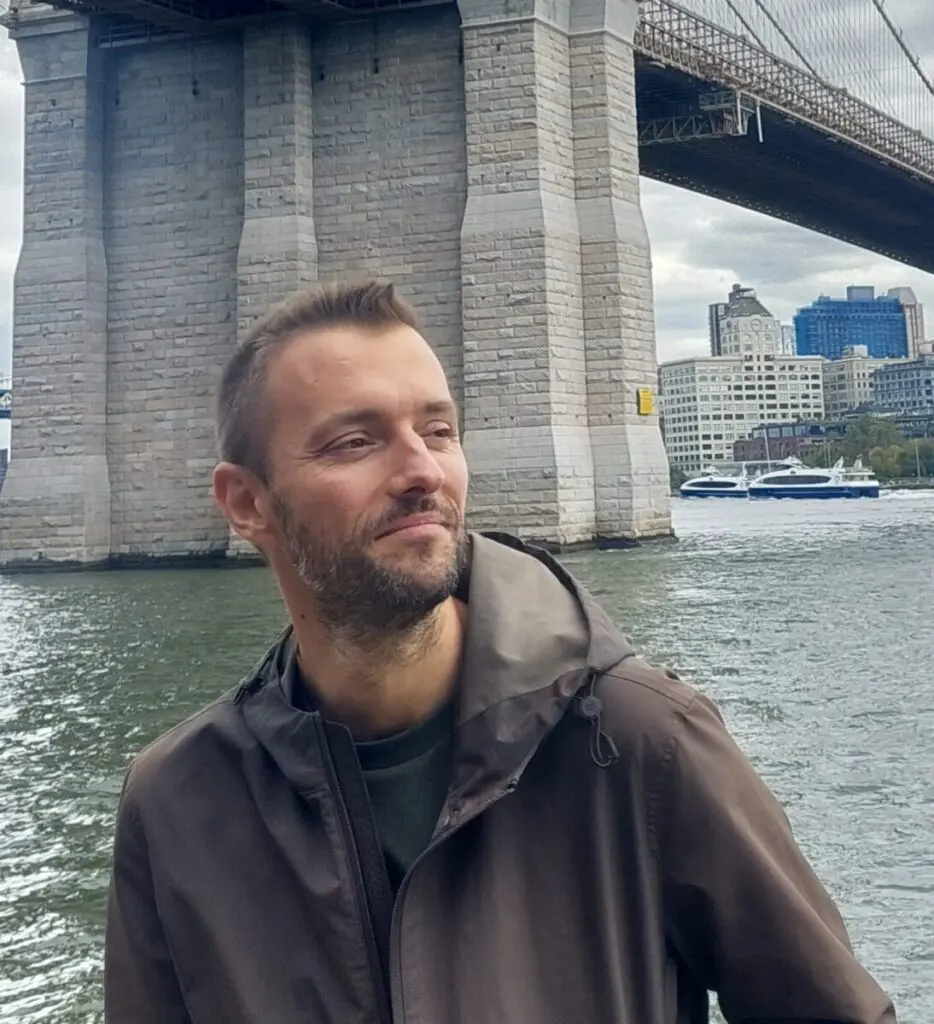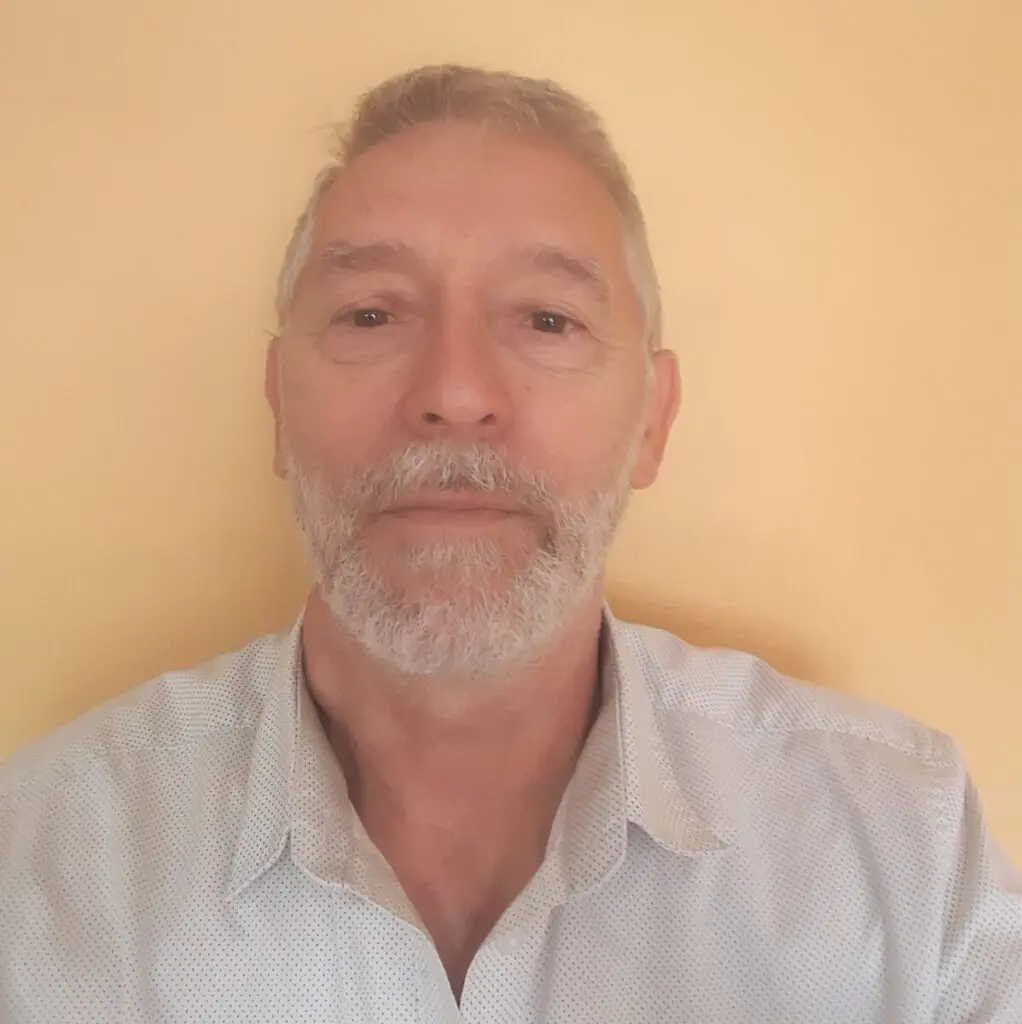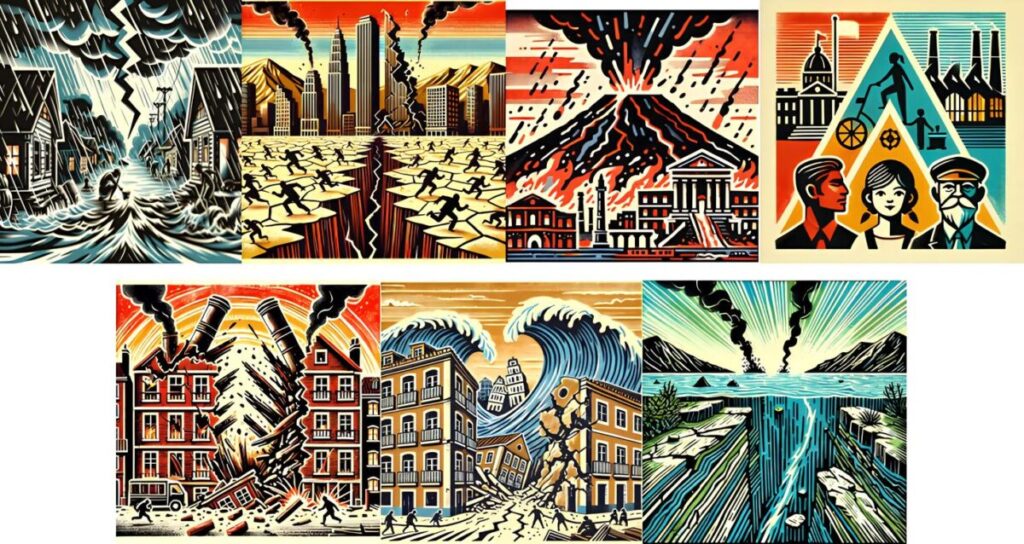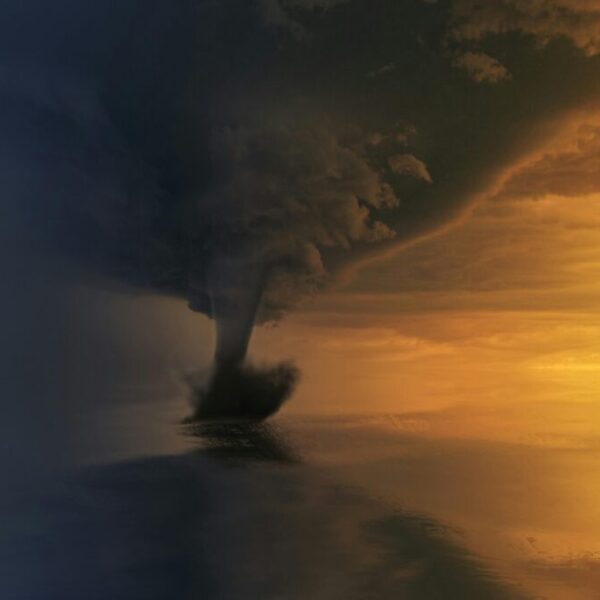Earthquakes, floods, heatwaves… The Mediterranean basin concentrates major natural risks. But these dangers only become disasters due to human vulnerabilities and the increasing exposure of populations. The Mediterranean must face the challenges of prevention, which requires a close dialogue between research, public decision-making, and civil society.
This article is a summary of 7 interviews with scientists published in 22-med in August 2024. A dialogue between Bernard Mossé, scientific director of Neede Méditerranée, and Ante Ivcevic, a specialist in risk management in coastal areas, affiliated with the PAP/RAC Center in Split, Croatia, as part of the United Nations Environment Programme. These interviews can be found in full in the 11 languages used on the site.
A region with high risks… and high exposure
A densely populated, highly urbanized region under massive tourist pressure, the Mediterranean is particularly vulnerable to natural disasters. The phenomena are numerous: earthquakes, volcanic eruptions, floods, heatwaves, or wildfires. But as Ante Ivcevic, a Croatian risk management specialist, points out, “it is not the natural events themselves that cause the tragedies, it is our exposure and how we respond to them.”
From Greece to Libya, recent deadly floods have often been exacerbated by inadequate construction, a lack of planning, or poor management of hydraulic infrastructures. The risk is therefore never neutral: it also reveals the political and social flaws of the societies facing it.
Disasters amplified by human decisions
While earthquakes have always existed, their consequences vary depending on how societies anticipate them. In Croatia, the 2020 earthquake highlighted the vulnerability of many buildings constructed in the 1960s-1970s, at a time when awareness of risks was low. In Catania (Sicily), despite a strong historical knowledge of hazards, few homes are currently adapted to seismic risk. The reason is a cost deemed too high for a threat perceived as abstract.
History shows that human response is decisive: the Lisbon earthquake of 1755 was amplified by fires caused by candles lit for All Saints' Day. More recently, the 2004 tsunami in the Indian Ocean triggered the creation of a global early warning system. “The most significant advances often come after a disaster,” notes Ante Ivcevic.
Informing is not enough: involving is necessary
In the face of rising risks, simply disseminating information is no longer sufficient. Ante Ivcevic advocates for active involvement of populations in decision-making processes. “Trust is essential. There needs to be mutual exchange between scientists, decision-makers, and citizens, not top-down communication.”
Field experiences show this: in terms of prevention, the involvement of residents, their knowledge of their territory, and their ability to relay warning messages are crucial. Citizen associations can play this relay role. The issue of “climate justice” is also central: the most vulnerable populations, often the least responsible for the risks, are also the least able to adapt to them.
A renewed role for scientists
Researchers themselves must adapt their stance. Not all are called to become mediators, but those who can should engage in building a collective narrative that is understandable and mobilizing. “Science is a public good; it must be accountable to society,” insists Ante Ivcevic.
This responsibility also involves transparency about uncertainty, the evolution of knowledge, and the plurality of solutions. Public research centers play a key role here in providing a long-term vision in the face of political or economic urgencies.
Towards a shared culture of risk management
The example of the Mediterranean protocol for integrated coastal zone management, signed under the Barcelona Convention, shows that a common framework can produce concrete effects. In Morocco, a setback of 100 meters for constructions along the coast is now planned to allow for natural fluctuations of the coastline. “It is not just a technical issue. It is a culture of prevention that needs to emerge,” concludes Ante Ivcevic.
Bibliographies

Ante Ivcevic, specialist in risk management in coastal areas post-doctoral researcher in geography at Aix-Marseille University. Affiliated with the PAP/RAC Center in Split, Croatia, as part of the United Nations Environment Programme. He is currently working on the project Proteus within the MESOPHOLIS laboratory at Aix-Marseille University, focusing on risk management in the Mediterranean, under the direction of Sylvie Mazzella, research director in sociology.

Bernard Mossé Historian, Research, Education, Training Manager of the NEEDE Méditerranée association. Member of the Scientific Council of the Camp des Milles Foundation – Memory and Education, for which he was the scientific director and coordinator of the UNESCO Chair “Education for Citizenship, Human Sciences, and Convergence of Memories” (Aix-Marseille University / Camp des Milles).

Cover photo: the Mediterranean is particularly exposed to coastal risks ©Johannes Plenio - Pexel
